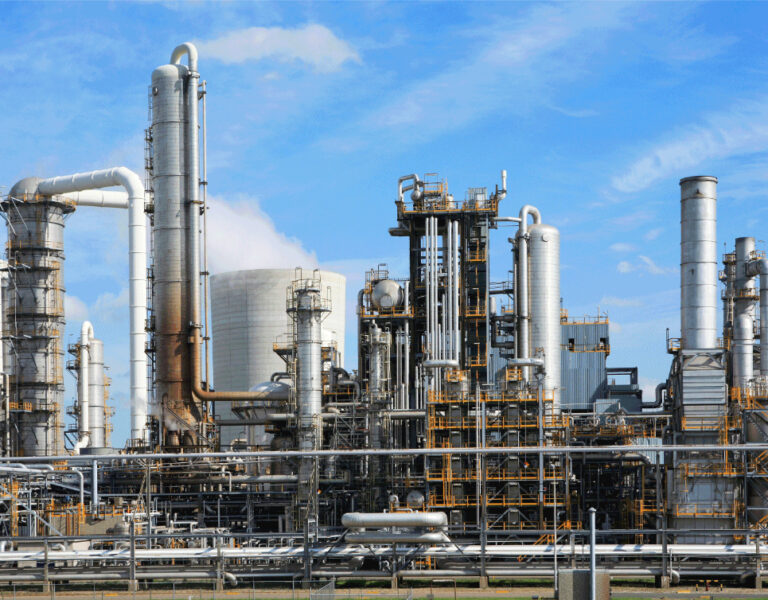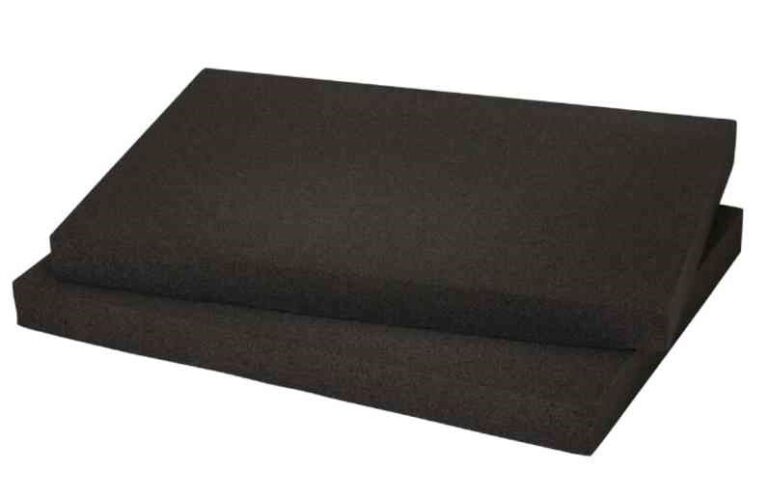Cryogenic / Cold Insulation
What is Cryogenic (Cold) Insulation?
Cryogenic pipe insulation is needed on subzero applications including ammonia refrigeration & LNG projects as these lines have to operate at a specific temperature range to maintain the process control throughout the system.
These situations require high-performance cryogenic insulation that will:
- Maintain its integrity in frigid temperatures
- Absorb high-mechanical forces
- Ensure superior low-thermal conductivity

CRYOGENIC (COLD) INSULATION MATERIALS
PIR / PUF (Polyisocyanurate) Section & Sheet
Polyisocyanurate (PIR) is one of the most efficient insulation materials used for Insulation. Typically produced as a foam and used as rigid thermal insulation. This type of insulation offers many advantages when compared with other traditional insulating materials, and over its useful life will save 80 times more energy than was used to make it. The need to replace the insulation is highly unlikely due to its rigidity, durability and excellent compressive strength. PIR insulation requires approximately half the thickness of traditional forms of insulation to meet the same level of thermal performance. They achieve low R-values, as low as just 0.021W/mK. It is seen as greatest potential for energy saving today. It is an environment friendly material. Its low weight also lends itself to modern methods of construction and lighter supporting structures. They are easy to handle and transport, making installation much easier and quicker than traditional insulants






Foam (Cellular) Glass
Standard Density:115 to 160 kg/m³, Service
Temperature: ºC -196 to 480, Available
Standard Thickness: 25 mm & 50 MM
Foam glass known as cellular glass insulation is a lightweight, rigid and durable material composed of glass cells. It's non-combustible, provides superior compressive strength, moisture resistance, dimensional stability and offers long-lasting thermal performance. It is a type of thermal insulation material used to reduce heat transfer in buildings and industrial applications. Foam glass insulation has a high R-value, which measures its thermal resistance. It is effective at reducing heat transfer, making it suitable for both hot and cold applications. It helps maintain a consistent temperature inside a building and reduces energy consumption for heating or cooling
It is available in a wide range of products offerings, shapes and sizes for building and industrial specifications
Nitrile Rubber
Standard Density: 50 + 10% Kg/m3, Available
Thickness: 3/6/9/13/16/19/25,
Temperature Range: -40 deg C to 105 deg C.
Nitrile rubber insulation is a flexible thermal insulation material. They are produced in sheets and pipe sections. The sheets can be cut into any size and shape to fit the equipment. These products meet insulation requirements in diverse fields such as the HVAC Insulation, Air Conditioning & Refrigeration industry, Construction industry, Hospital industry, Pharma industry, Hotels and Cold.

